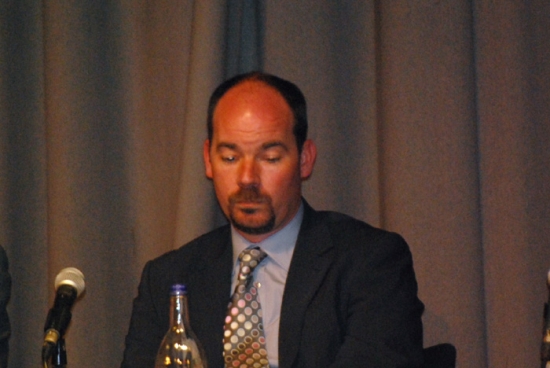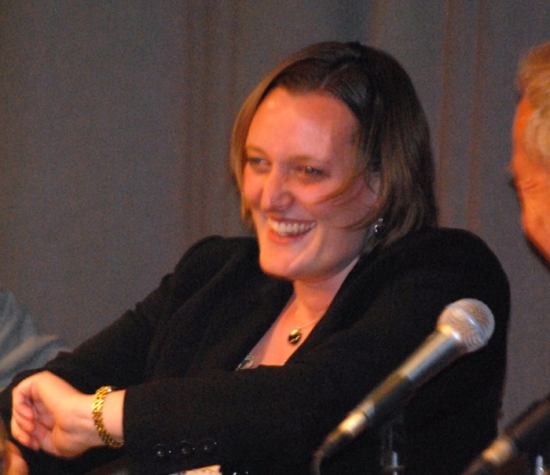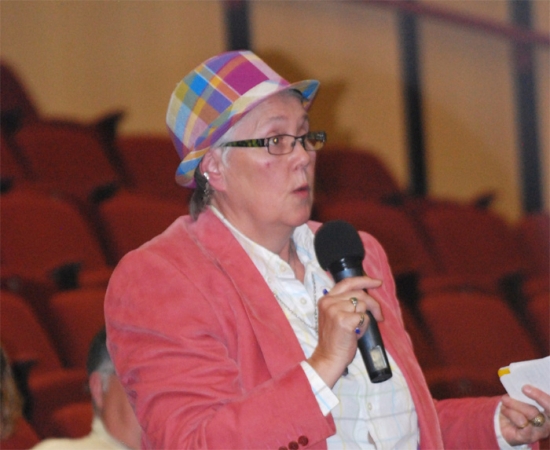What level of prescription would the panel be happy with in the national curriculum in history?
3. What level of prescription would the panel be happy with in the national curriculum in history?

3.3 Simon Schama - Fears of over prescribing history.


Attached files:
- 3. What level of prescription would the panel be happy with in the history national curriculum?
929 KB MP3 file - 3.1 Michael Riley
3.24 MB MP3 file - 3.2 Simon Harrison
692.7 KB MP3 file - 3.3 Simon Schama
1.47 MB MP3 file

